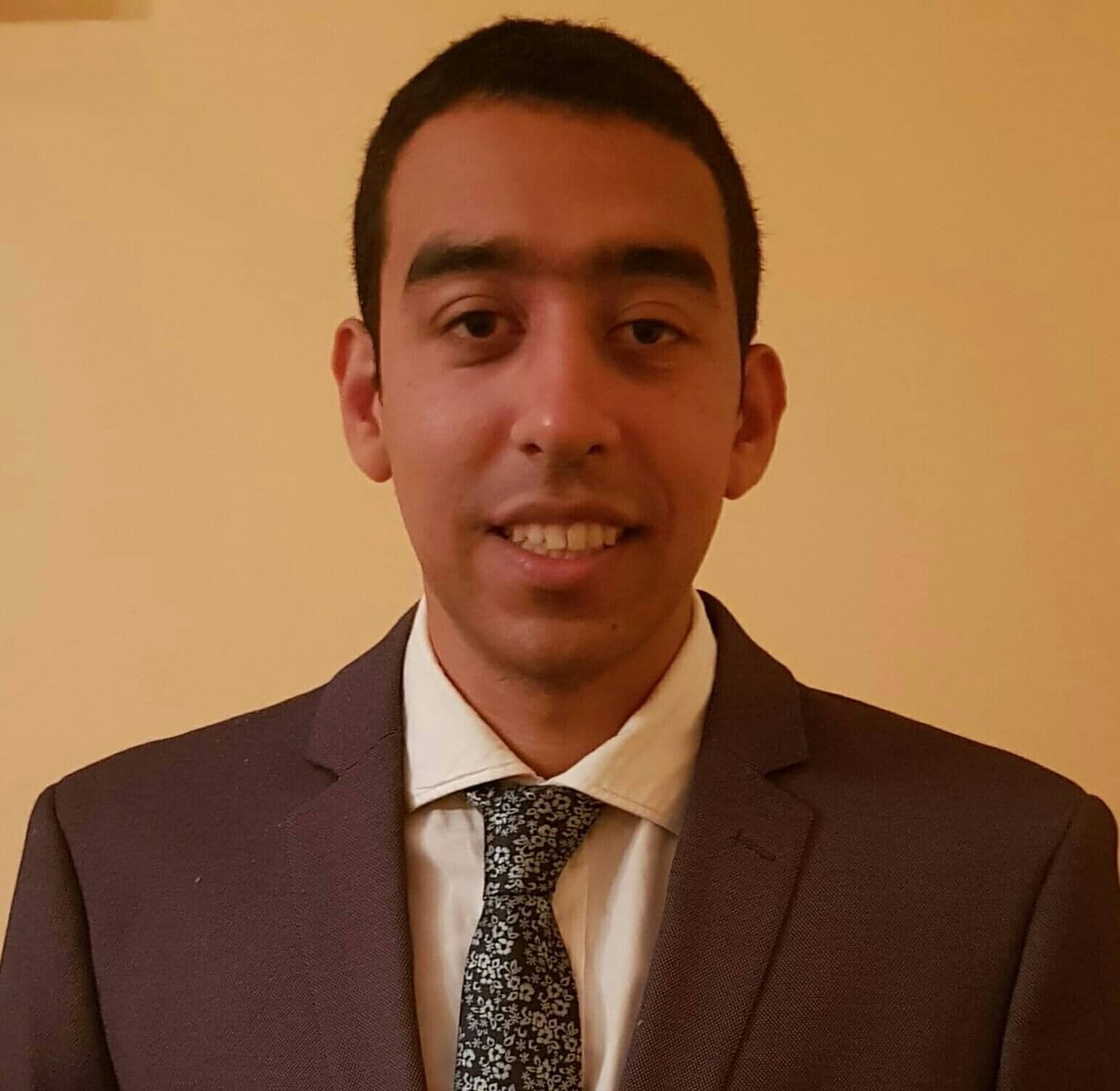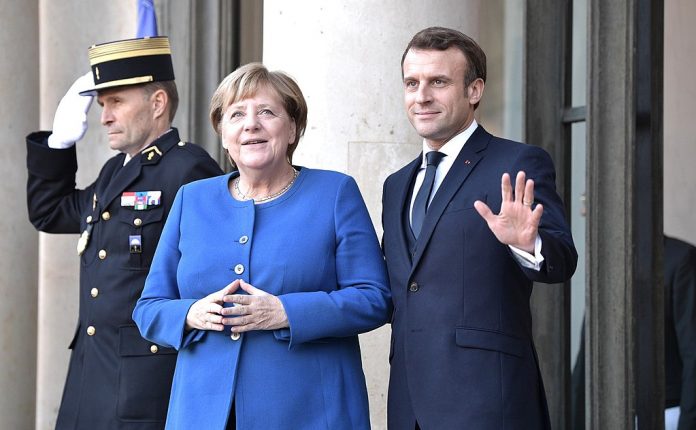Covid-19 has hit the heart of Europe’s democracies overwhelming their national healthcare systems. The severity of the virus has meant that European policymakers have shifted their priorities to mobilise their support to their public services. As a result, international security concerns, particularly the fight against Daesh in Iraq and Syria, that only recently formed the core of European security policy, has receded into the background.
Several European countries have withdrawn their troops from Iraq as Coalition and NATO training missions have been suspended to prevent the spread of Covid-19. French President Emmanuel Macron has redeployed 200 French troops, who were previously engaged in Operation Chamal to assist and support public services against the pandemic in mainland France. Spain has withdrawn 150-200 troops, while Germany and the Netherlands have also withdrawn their training troops from Iraq.
In parallel, the United States withdrew from its frontline operating bases at Mosul, Al-Qaim, Qayyarah, Kirkuk and Taqaddum in the last week of March. It is pertinent to mention that US troops have now been relocated to military bases in which newly installed US missile defence systems have been implemented, notably at the Al-Asad base.
However, with President Donald Trump running for re-election in November, it is likely that Mr. Trump will demand the withdrawal of US troops, especially if the virus spreads in the vicinity of their military bases.
Daesh seeking to take maximum advantage
Daesh is seeking to profit from the pandemic, which is expected to overwhelm Iraq’s national healthcare system, by calling upon its sleeper cells to accentuate its activity. The concern for policymakers will be that the pandemic provides the terrorist organisation renewed hope. Following its military defeat against the US-led coalition forces, Daesh has had to adapt its raison d’être through operating in remote and isolated locations, which in the current context enables its members to practice effectively social distancing. Its leadership has also been swift in issuing early instructions to its cadres to internalise their hygiene habits – washing hands and covering up coughs and sneezes.
For authorities in Bagdad and Erbil, Daesh’s sleeper cells, especially in the Garmiyan, Diyala, Salahuddin and Nineveh provinces are of major concern considering the intelligence and coordination void the Coalition forces have left.
Numerous clashes have occurred notably on April 7, in which two Peshmerga forces were killed by Daesh snipers in Kolajo in the Garmiyan province. The terrorist organisation has also followed these attacks by pursuing several attacks against the police and the Iraqi army in the provinces of Diyala, Salahaddine, Kirkuk, Mosul and Anbar.
The concern that European policymakers will have is that continued successful insurgent operations will enhance Daesh’s tactical potency and their coordination capabilities. This can create psychological dominance over their rivals, which in turn can encourage the terrorist organisation to pursue more widespread insurgent operations across Iraq, if left unchecked.
Reinforcing intelligence and defence capabilities
The International Crisis Group has revealed that Daesh has called its followers to pursue attacks across western democracies. Amidst the ongoing health crisis affecting Europe, it is important that European Home Affairs Ministers further mobilise their intelligence services during these uncertain times. This needs to be pursued following this month’s stabbing in the commune of Romans-sur-Isère of a 44-year-old man, in which French counterterrorism prosecutors have launched an investigation into the attack.
European capitals cannot afford to see an incremental increase in Daesh attacks at the continent’s doors. The attacks in November 2015 in Paris and of March 2016 in Brussels, have highlighted the ability of the terrorist organisation to coordinate deadly attacks from the Middle East through its Emni unit. Aggressive surveillance of the terrorist organisation’s sleeper cells, combined with carrying out counterterror raids to limit its resurgence, is necessary to disrupt its logistical and coordination activities. France has an airforce base at Dharfa in the United Arab Emirates, which can be utilised in pursuing raids against Daesh’s sleeper cells.
The views and opinions expressed in this article are those of the author.

The author has recently graduated with a Masters in International Relations from the University of New South Wales, Sydney, Australia. His research interests are focussed on geopolitical and security issues specific to the Middle East and their impact on European powers.


